
The volunteer army that toiled to save those left alive of a pod of 192 pilot whales that came ashore on Tasmania’s King Island were elated Tuesday after an aerial search showed that all but one had stayed in deeper water.
And there is still a chance of the sole survivor on the beach being refloated to join the 54 pilot whales already returned to the sea.
‘All its clinical signs look good so far,’ Marine Conservation spokeswoman Rosemary Gales said. ‘We just need that little break in the weather to try and put it back out to sea.’
Strong winds and turbulent water have made that job difficult. Another attempt will be made Wednesday.
Five bottlenose dolphins that also beached at Naracoopa on Sunday were also coaxed or dragged by boat back out to sea.
Tasmania’s Parks and Wildlife Service spokesman Chris Arthur said 150 King Island locals had pulled together to make the rescue possible by keeping the animals wet to stave off the dehydration that kills them.
‘The work and the energy they put in was incredible,’ he said. ‘What we were doing was literally picking up animals in whale rescue mats. When you think that for each animal to move requires about 20 people, that’s a significant community effort.’
More than 400 whales have beached themselves in Tasmania since November. Opinions differ on why strandings happen.
Gales said toothed whales – pilot whales and sperm whales are toothed whales – are particularly prone to becoming disoriented in shallow water.
‘With the toothed whales that are happy to come close to shore – it’s these really shallow sloping beaches where they almost always get caught at low tide,’ she said. ‘So they come in and feed and then the tide goes out and they get trapped.’



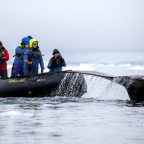
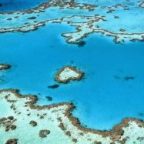
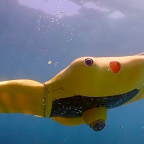
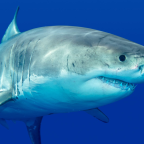

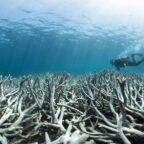
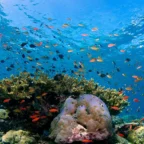


Social Profiles